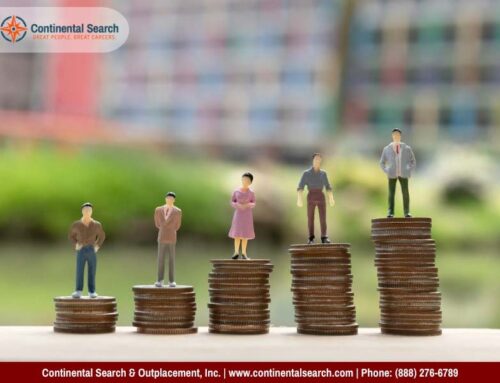Wealth, undeniably, has its benefits. It provides not just cool stuff and superior health care but also freedom, control, choices—epitomized by the en masse flight of affluent New Yorkers and other urbanites to their vacation homes when the coronavirus pandemic struck. It’s no coincidence that the number-one thing people think will make them happy is money. They are mistaken.
Experts tend to define happiness in two ways: in-the-moment joy (“My team just won the World Series!” “This is the best ice cream I’ve ever had!”) and overall life satisfaction (“I love my career, family and home and feel content”). No one disputes that living in poverty is a significant obstacle to achieving either definition, for a host of reasons. But after basic needs such as housing, food, education and health care are met, experts differ on money’s role.
Sonja Lyubomirsky, a professor of psychology at the University of California, Riverside, and one of the foremost scholars of happiness, says there’s definitely a correlation between money and happiness. “No matter who you are, how much money you have, there’s always an opportunity to compare yourself to someone better.” For some, trying to measure up can be motivating; for others, a cause of despair.
“You’d still rather the problems of too much money than too little, but certainly there are many problems associated with having a lot of money. They lower the correlation between money and happiness,” she says. “If money didn’t bring its own set of problems, richer people would be a lot happier, but they’re only a little happier.”
Another respected scholar of happiness, Catherine A. Sanderson, professor of psychology at Amherst College, is skeptical of any correlation, noting that income has climbed steeply over the past 60 years but the proportion of people who are “very happy” has held steady. One of the biggest reasons money fails to trigger more happiness, many experts agree, is that with a higher net worth come higher aspirations. Sanderson points to what she calls the “wealthy-neighborhood paradox”: Having worked hard and “made it,” you move into that tony neighborhood you’ve fantasized about, only to feel dejected. “ ‘I have a house in the Hamptons, but I wish I had a beach house in the Hamptons,’ ” she says, though the trappings of envy can also be cars, vacations, prep schools. “The challenge with money is that it’s never enough.
There’s no end point.
Judy Ho deals with both ends of the financial spectrum, studying low-income, marginalized and ethnically diverse populations as an associate professor at Pepperdine University and treating extremely affluent patients, including celebrities and other public figures, as a clinical neuropsychologist in private practice. Depression and other mental illnesses, she says, are the result of biology, environment and life experience. The prosperous, she adds, are no less likely to be depressed than the unemployed. “No matter who you are, how much money you have,” she continues, “there’s always an opportunity to compare yourself to someone better.“
Maybe the way worry works is you have 100 worry points total, and you allocate,” says Michael Norton, a professor at Harvard Business School with a Ph.D. in psychology. “When you get money, your worries change and you allocate differently. But you still worry the same amount.”
In addition to the internal demons they’re battling, some patients have to deal with dependent relatives and business associates who are anxious to get them back to work, according to Milestones CEO and executive director Denise Klein. The offspring of the well-to-do, Klein says, tend to be flailing, a result of too much pampering and too little responsible parenting. “At least 80 percent of the time, money is a factor in that they have been protected from consequences,” she says. Some come from families in which the parents are self-made and think they’re doing their kids a favor by absolving them of work. Instead, “they just don’t develop.”
What remains to be seen is how the psychology of money will change in the post-Covid world. Prior to the pandemic, there was already a yawning gap in the joyful experiences people could afford, but many of life’s daily irritants were equal-opportunity afflicters. Or as author Laura Vanderkam, who specializes in time management, puts it, “Whether you earn half a million a year or $50,000, you’re still stuck in traffic on your way to work.”
Connect/Follow us on:







